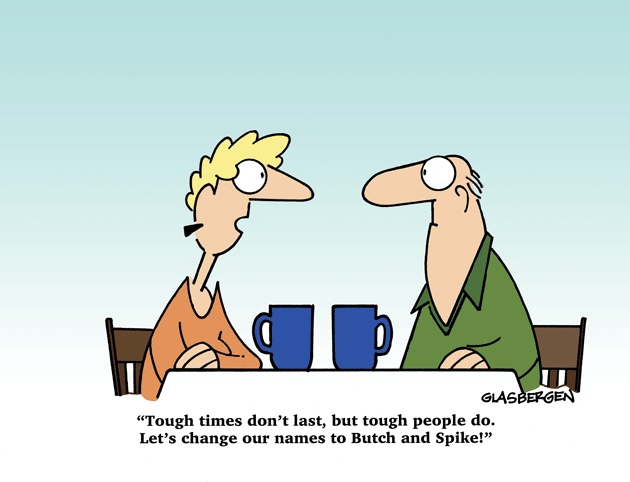
On June 3, 2017, Supreme Court Chief Justice John Roberts gave the commencement speech at his son’s ninth-grade graduation from Cardigan Mountain School—a New Hampshire boarding school for boys in grades six through nine.
It was not a typical commencement speech full of platitudes and cliches. Here’s a transcript of part of his speech.
“Commencement speakers will typically also wish you good luck and extend good wishes to you. I will not do that, and I’ll tell you why. From time to time in the years to come,
- I hope you will be treated unfairly, so that you will come to know the value of justice.
- I hope that you will suffer betrayal because that will teach you the importance of loyalty.
- Sorry to say, but I hope you will be lonely from time to time so that you don’t take friends for granted.
- I wish you bad luck, again, from time to time so that you will be conscious of the role of chance in life and understand that your success is not completely deserved and that the failure of others is not completely deserved either.
- And when you lose, as you will from time to time, I hope every now and then, your opponent will gloat over your failure. It is a way for you to understand the importance of sportsmanship.
- I hope you’ll be ignored so you know the importance of listening to others.
- I hope you will have just enough pain to learn compassion.
- Whether I wish these things or not, they’re going to happen. And whether you benefit from them or not will depend upon your ability to see the message in your misfortunes.”
Let’s visit about that last phrase, “your ability to see the message in your misfortunes.”
When bad or unfortunate things happen to us, we usually get mad, sad, discouraged, revengeful, cynical…but do we learn from these experiences? Do we become better people because of the misfortunes? We should, because if we don’t we’ll forfeit the valuable lessons that difficult times offer.
Sometimes, we learn more from misfortune than we do from fortune. For instance, consider Roberts’ phrase “I hope you will suffer betrayal because that will teach you the importance of loyalty.” We can be surrounded by loyal friends and colleagues and soon take them for granted and mistakenly believe that we’re entitled to such kindness and will always have it. Then we feel the pangs of betrayal, and suddenly realize what a gift loyalty is and even begin to evaluate our loyalty to others.
We should make a list of the disappointments we have experienced in life and beside each one record the lesson learned. If we didn’t learn anything when it happened, we can learn now.
Here’s a transcript of Roberts’ entire speech.
Here’s a video of his speech.

Excellent!
Thanks, Mary.
I wish him bad luck back. We have already had the misfortune of his lack of understanding of what the Constitution is. I wish it was not so. But there it is.
Hi Brian, thank for taking the time to respond. I think Roberts is one of our best judges. Don
Well done, my brother. I miss my church and my friends.
Thanks, Mike. Where are you these days? Don
Thank you, Don.
There is a lesson there also about the Sovereignty of God.
I am thankful for the study of Romans.
Thanks, Karen, for taking the time to respond. It’s a great speech. Don
I remember this speech, Don. Great truth there. Thanks for the reminder
Thanks, Bob. There’s a lot of truth in Roberts’ statements. Don
Don after Grad … is when the rubber mrrts the road … do to speak ..
when ypu are not so much judged or evaluated by a grad point … but rather how you apply you learnings and character to serve in God’s Plan for you.
Barton, thanks for taking the time to respond. I agree that school and training can only take us so far; then we need to learn how to apply our knowledge and skills in a practical way. Take care.
I forwarded this message to my college age granddaughter. She replied it was just what she needed to read at the time.
Thank you for sharing so that so Grandma could encourage her Granddaughter
Vicki, I’m so glad my post was helpful. Take care. Don